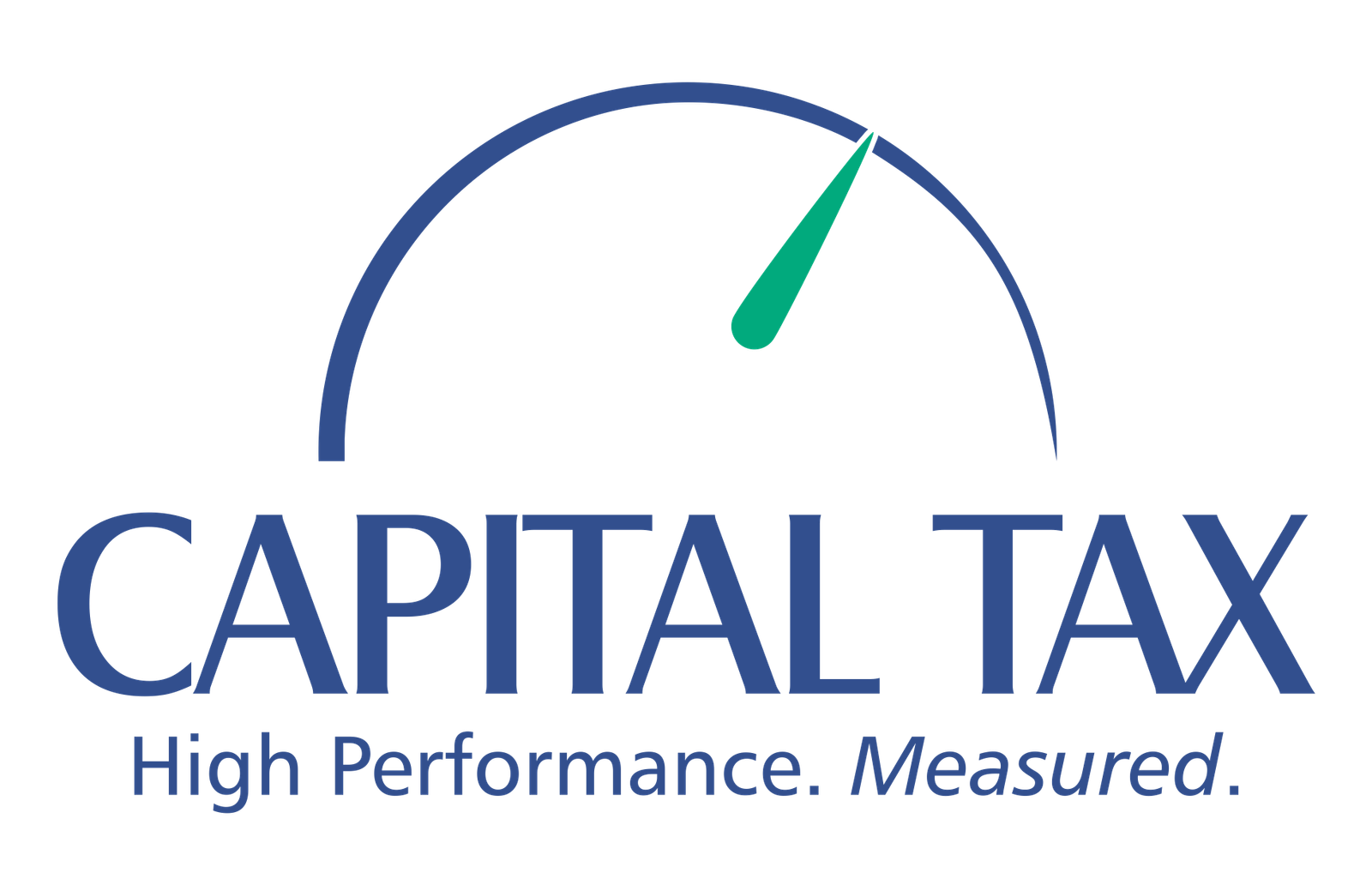Hi Client:
Many clients have questions about real estate leveraging and its tax benefits. We are providing the information below to give you clarity of how it works.
Real Estate can be a powerful tool for building wealth. Leverage refers to the use of borrowed capital, such as a mortgage, to finance an investment. When used strategically, leverage can amplify the returns on your investment and accelerate wealth creation. Here are a few ways real estate leverage can help you build wealth:
Increased buying power: By using leverage, you can purchase properties that you may not have been able to afford solely with your own funds. This allows you to acquire more properties and benefit from their appreciation and income potential.
Appreciation: Real estate has the potential to appreciate over time, which can significantly increase your net worth. When you use leverage to buy properties, you benefit from the appreciation on the entire property value, not just your initial investment. As the property value increases, your equity grows, contributing to your overall wealth.
Cash flow: Rental properties can generate regular income in the form of rental payments. When you finance the property with leverage, your mortgage payments are partially covered by the rental income. Positive cash flow can provide you with additional funds to reinvest, pay down debt, or cover other expenses.
Tax advantages: Real estate offers several tax benefits that can enhance your wealth-building efforts. Mortgage interest, property taxes, and depreciation expenses are often deductible, reducing your taxable income and potentially increasing your cash flow.
Portfolio diversification: Real estate can serve as a diversification tool in your investment portfolio. By adding real estate assets, you can reduce the risk associated with being solely invested in stocks or other asset classes. Leverage allows you to allocate your capital across different properties, locations, or real estate sectors, further diversifying your wealth-building strategy.
Forced appreciation: With real estate, you have more control over the value of your investment compared to other assets. By improving the property through renovations, upgrades, or property management optimizations, you can force appreciation and increase its value. Leverage allows you to make these improvements and capture a higher return on investment.
It’s important to note that while real estate leverage can be advantageous, it also carries risks. Market fluctuations, unexpected expenses, and changes in interest rates can affect your returns and financial stability. It’s crucial to conduct thorough research, analyze the market, and carefully evaluate your financial situation before leveraging real estate for wealth building. Consider consulting with professionals, such as real estate agents, financial advisors, or mortgage brokers, who can provide guidance tailored to your specific circumstances.
Capital Tax is a CPA firm and does not provide real estate services. The article was published by Capital Tax as many of our clients have an interest how real estate can help them in tax planning and wealth growth. Please contact a real estate professional for investment services.
Discuss real estate investments with your real estate advisor to make sure it is consistent with your overall investment strategy and optimized for your specific circumstances. Our firm does not provide real estate services.
Capital Tax is a CPA firm delivering tax planning and preparation services to our clients. You can contact us with any questions:
1) Email us at Winnie.Q@CapitalTax.com
2) View this 30-second video about our client service approach https://www.capitaltax.com/individual-taxes




